Home>Gardening & Outdoor>Outdoor Recreation & Activities>How To Get Rid Of Horse Flies Around Your Swimming Pool
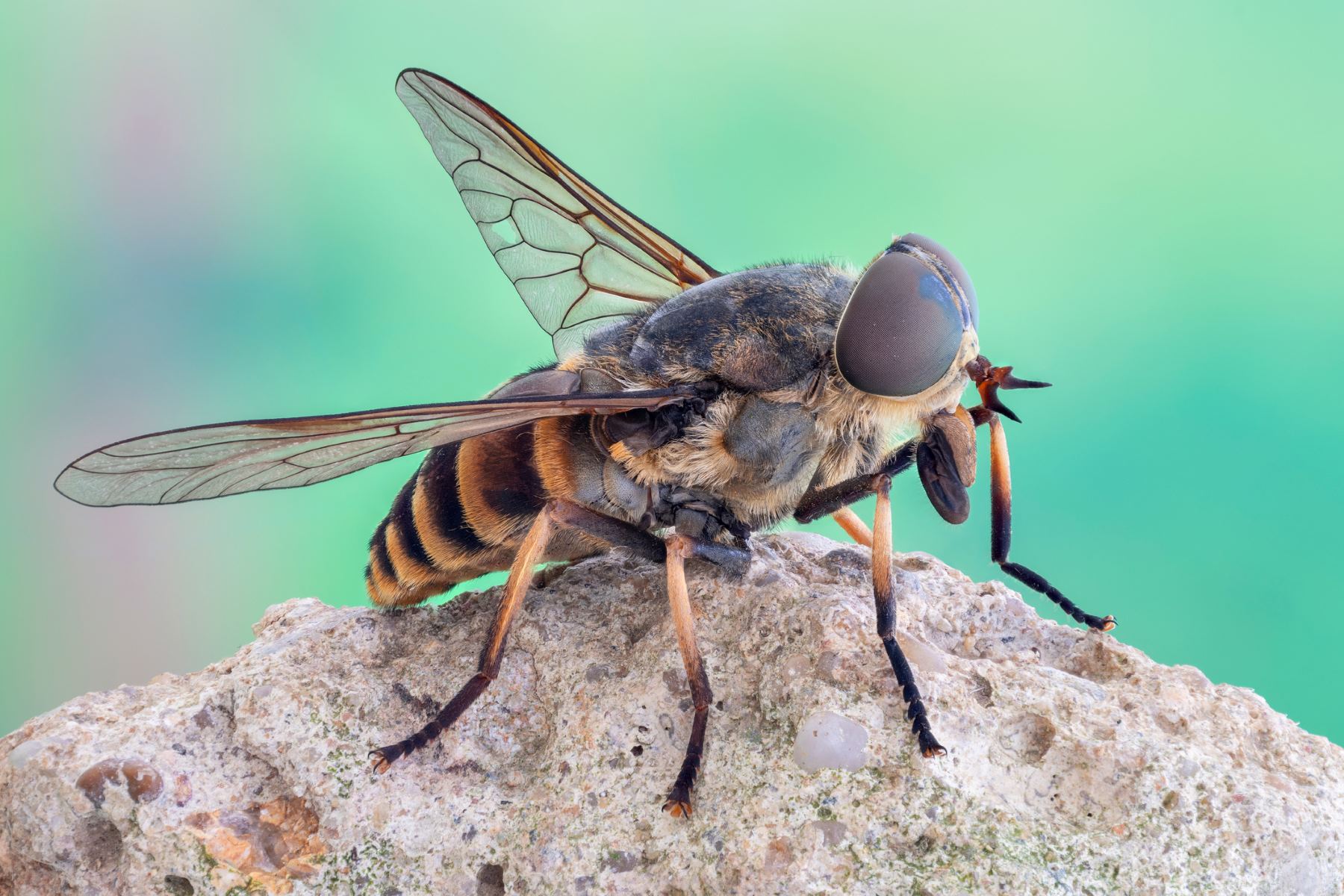

Outdoor Recreation & Activities
How To Get Rid Of Horse Flies Around Your Swimming Pool
Published: February 17, 2024
Learn effective methods to eliminate horse flies from your swimming pool area and enjoy outdoor recreation and activities without the nuisance of these pests. Keep your outdoor space fly-free with our expert tips.
(Many of the links in this article redirect to a specific reviewed product. Your purchase of these products through affiliate links helps to generate commission for Storables.com, at no extra cost. Learn more)
Introduction
Dealing with horse flies around your swimming pool can be a frustrating experience. These persistent pests not only disrupt your peaceful outdoor oasis but also pose a nuisance with their painful bites. Fortunately, there are effective methods to repel and deter horse flies from congregating around your pool area. By understanding the behavior of these insects and implementing practical solutions, you can reclaim your poolside enjoyment without the constant annoyance of horse flies.
In this comprehensive guide, we will explore the various strategies to combat horse flies around your swimming pool. From natural repellents to proactive maintenance, we will delve into practical and eco-friendly approaches to minimize the presence of these bothersome insects. By incorporating these methods into your pool maintenance routine, you can create a tranquil and inviting environment for relaxation and recreation.
Now, let's delve into the world of horse flies and discover the reasons behind their attraction to your swimming pool. Understanding their behavior is the first step toward effectively managing and repelling these persistent pests.
Key Takeaways:
- Natural repellents like essential oils, herbal bouquets, and citrus rinds can deter horse flies from your pool area, creating a pleasant and insect-resistant environment without harsh chemicals.
- Regular cleaning, proper pool maintenance, and vegetation management are key to preventing horse flies around your swimming pool, ensuring a more enjoyable outdoor experience for relaxation and recreation.
Understanding Horse Flies
Horse flies, scientifically known as Tabanidae, are robust, large-bodied flies known for their painful bites and persistent nature. These formidable insects are prevalent in various outdoor environments, including near bodies of water such as swimming pools. Understanding the behavior and characteristics of horse flies is crucial in devising effective strategies to manage their presence.
Physical Attributes
Horse flies are distinguishable by their large, dark-colored bodies and prominent compound eyes. Their agile flight patterns and rapid movements make them adept at zeroing in on potential hosts, including humans and animals. These flies are equipped with razor-sharp mouthparts designed for piercing the skin and extracting blood, often leaving behind painful welts and irritation.
Habitat and Behavior
Horse flies are commonly found near water sources, as their larvae require aquatic environments to develop. Female horse flies are particularly notorious for their blood-feeding habits, which are essential for egg production. These flies are most active during the warmer months, thriving in humid and coastal regions. Their persistent buzzing and aggressive biting behavior can disrupt outdoor activities and deter individuals from enjoying their leisure spaces.
Attraction to Hosts
Horse flies are attracted to hosts by visual and olfactory cues. Their keen eyesight enables them to detect movement and warm-blooded animals from a distance, making them adept at targeting potential hosts. Additionally, these flies are attracted to carbon dioxide and certain chemical compounds emitted by mammals, further guiding them to their targets. The reflective and shimmering surface of swimming pools can inadvertently attract horse flies, as they mistake the water for potential breeding sites or sources of prey.
Lifespan and Reproduction
The lifespan of a horse fly varies, with adults typically living for several weeks. Female horse flies deposit their eggs near or in aquatic environments, such as marshes, ponds, and streams. The larvae develop in water, preying on other aquatic organisms before pupating and emerging as adult flies. Understanding the reproductive cycle and breeding habitats of horse flies is essential for implementing targeted control measures to minimize their presence around swimming pools.
By gaining insights into the biology and behavior of horse flies, individuals can develop proactive approaches to mitigate their impact and create a more enjoyable outdoor environment. The next section will delve into the specific factors that attract horse flies to swimming pools, shedding light on the reasons behind their persistent presence in these recreational spaces.
Why Horse Flies Are Attracted to Your Swimming Pool
Horse flies are naturally drawn to swimming pools due to a combination of visual, olfactory, and environmental factors. These persistent pests perceive swimming pools as potential breeding sites, sources of moisture, and attractive environments for seeking hosts. Understanding the specific reasons behind their attraction to swimming pools is crucial in formulating effective strategies to deter and repel them.
Visual Cues
The reflective and glistening surface of a swimming pool can inadvertently attract horse flies, as they mistake the water for potential breeding sites or sources of prey. The shimmering appearance of the water, especially under sunlight, can mimic the characteristics of natural water bodies where horse flies typically lay their eggs. This visual allure can lead horse flies to congregate around swimming pools, perceiving them as suitable habitats for their reproductive activities.
Olfactory Attraction
Horse flies are also attracted to swimming pools by olfactory cues, including the scent of moisture and organic matter. The combination of chlorine, sunscreen residues, and perspiration can create an olfactory trail that entices horse flies to investigate the pool area. Additionally, the carbon dioxide emissions from individuals using the pool can further attract these insects, as they are drawn to the exhaled breath of potential hosts. The interplay of these olfactory signals can contribute to the persistent presence of horse flies around swimming pools.
Breeding Potential
From a reproductive standpoint, horse flies may perceive swimming pools as suitable locations for egg-laying. The presence of water, particularly in secluded or shaded areas of the pool surroundings, can mimic the conditions favored by female horse flies for depositing their eggs. This perception of the pool environment as a potential breeding site can lead to increased activity and congregation of horse flies in and around the pool area.
Host Seeking Behavior
Horse flies are adept at detecting movement and warm-blooded animals from a distance, making them proficient at targeting potential hosts. The presence of individuals using the pool, along with the visual and olfactory cues mentioned earlier, can further attract horse flies to the vicinity. The combination of these factors creates an environment that is conducive to host-seeking behavior, prompting horse flies to persistently hover around the pool area in search of blood meals.
Environmental Resilience
Moreover, swimming pools often provide a microclimate that supports the resilience of horse flies. The humidity and warmth generated by the pool, especially during sunny days, can create an environment conducive to the activity and survival of these insects. This environmental resilience can prolong the presence of horse flies around swimming pools, making it essential to implement targeted control measures to mitigate their attraction and impact.
By recognizing the multifaceted reasons behind the attraction of horse flies to swimming pools, individuals can proactively address these factors to minimize the presence of these persistent pests. The subsequent sections will explore natural repellents, traps, and proactive maintenance practices to effectively repel horse flies and maintain a pleasant poolside environment.
Natural Ways to Repel Horse Flies
Combatting the presence of horse flies around your swimming pool can be effectively achieved through natural repellents that deter these persistent pests without resorting to harsh chemicals. By harnessing the power of natural ingredients and strategic deterrents, you can create an environment that discourages horse flies from congregating around your pool area. Let's explore a range of natural methods to repel horse flies and reclaim your poolside tranquility.
Read more: How To Get Rid Of Flies In The Attic
1. Essential Oils
Harnessing the aromatic and repellent properties of essential oils can serve as a potent deterrent against horse flies. Oils such as citronella, eucalyptus, lavender, and peppermint are known for their ability to repel insects, including horse flies. By diluting these essential oils with water and applying them to the skin or incorporating them into outdoor diffusers, you can create a fragrant barrier that discourages horse flies from approaching.
2. Herbal Bouquets
Strategically placing bouquets of aromatic herbs, such as basil, mint, and lemongrass, around your pool area can serve as a natural deterrent against horse flies. These fragrant herbs emit scents that repel insects while adding a touch of greenery to your outdoor space. Consider placing herb-infused bouquets in decorative vases or pots near seating areas to create a pleasant and insect-repelling ambiance.
3. Citrus Rinds
The natural repellent properties of citrus rinds can be leveraged to deter horse flies from lingering around your pool. Placing citrus rinds, such as those from lemons, oranges, or grapefruits, in strategic locations can emit a scent that repels these pests. Additionally, the vibrant colors of citrus rinds can add a pop of freshness to your poolside decor while serving as a natural deterrent against horse flies.
4. Fans and Air Circulation
Creating airflow and utilizing fans around your pool area can disrupt the flight patterns of horse flies, making it challenging for them to hover and land. By strategically positioning fans or incorporating outdoor ceiling fans, you can create a gentle breeze that deters these pests. This approach not only enhances comfort for individuals using the pool but also serves as a natural deterrent against horse flies.
Read more: How To Get Rid Of Sink Flies
5. Natural Predators
Encouraging the presence of natural predators, such as dragonflies and certain bird species, can contribute to controlling the population of horse flies. These predators are known for preying on flying insects, including horse flies, and can help maintain a balanced ecosystem around your pool. Creating habitats that attract dragonflies, such as shallow water features or native plantings, can support their presence and contribute to natural horse fly control.
By incorporating these natural repellents and deterrents into your poolside environment, you can effectively repel horse flies and create a more enjoyable outdoor space for relaxation and recreation. These natural methods not only minimize the reliance on chemical-based solutions but also contribute to a harmonious and insect-resistant pool area.
Using Traps and Repellents
In addition to natural repellents, employing targeted traps and repellents can significantly reduce the presence of horse flies around your swimming pool. These strategic measures offer a proactive approach to intercept and deter these persistent pests, contributing to a more tranquil and enjoyable poolside experience.
1. Horse Fly Traps
Strategically placing horse fly traps in the vicinity of your pool can intercept and capture these pests, reducing their population and minimizing their impact. Horse fly traps are designed to attract and capture female horse flies, which are responsible for blood-feeding and egg-laying. These traps utilize visual cues and motion to attract horse flies, subsequently capturing them in a specialized chamber or container. By deploying these traps in key locations around your pool area, you can effectively mitigate the presence of horse flies and create a more inviting environment for poolside activities.
2. Ultraviolet Traps
Ultraviolet (UV) traps, also known as bug zappers, can serve as effective tools for intercepting and eliminating flying insects, including horse flies. These traps utilize UV light to attract insects, drawing them into an electrified grid that neutralizes their presence. By strategically positioning UV traps near the pool area, you can intercept horse flies and other flying pests, reducing their numbers and enhancing the overall comfort of individuals using the pool.
Read more: How To Get Rid Of Outdoor Flies
3. Repellent Sprays
Utilizing horse fly repellent sprays can provide targeted protection for individuals using the pool, creating a barrier against these persistent pests. These repellent sprays are formulated to deter horse flies and other biting insects, offering a layer of defense for swimmers and sunbathers. By applying repellent sprays to exposed skin and clothing, you can minimize the risk of horse fly bites and ensure a more enjoyable poolside experience.
4. Oviposition Deterrents
Incorporating oviposition deterrents, which disrupt the egg-laying behavior of female horse flies, can contribute to long-term population control. These deterrents are designed to interfere with the reproductive cycle of horse flies, reducing the likelihood of eggs being deposited in the pool surroundings. By deploying oviposition deterrents in strategic locations, such as shaded areas and potential breeding sites, you can disrupt the breeding behavior of horse flies and mitigate their presence around the pool.
By integrating these traps and repellents into your pool maintenance and pest management strategy, you can effectively intercept, deter, and control the population of horse flies, creating a more inviting and insect-resistant pool environment. These targeted measures offer a proactive and practical approach to minimizing the impact of horse flies and enhancing the overall enjoyment of your outdoor recreational space.
Maintaining Your Pool Area to Prevent Horse Flies
Maintaining a well-groomed and hygienic pool area is essential for preventing the proliferation of horse flies and minimizing their presence. By implementing proactive maintenance practices, you can create an environment that is less conducive to these persistent pests, fostering a more enjoyable and insect-resistant poolside experience.
Regular Cleaning and Debris Removal
Consistent cleaning and debris removal play a pivotal role in preventing horse flies from establishing breeding sites and congregating around your pool. Regularly remove fallen leaves, grass clippings, and organic debris from the pool surface and surrounding areas. These organic materials can serve as potential breeding sites for horse flies and other insects, making diligent debris removal an effective preventive measure.
Read more: How To Get Rid Of Flies On A Patio
Proper Pool Maintenance
Maintaining proper water circulation and sanitation in your pool is crucial for deterring horse flies. Ensure that the pool water is adequately chlorinated and balanced to prevent the accumulation of organic matter and algae, which can attract insects. Regularly skim the pool surface and utilize pool brushes to prevent the formation of stagnant areas where horse flies may lay their eggs.
Vegetation Management
Strategically managing vegetation around your pool area can contribute to minimizing the presence of horse flies. Trim back overhanging branches and foliage to reduce shaded areas where these pests may seek refuge. Additionally, consider incorporating insect-repelling plants, such as marigolds, lavender, and citronella, in your landscaping to create a natural deterrent against horse flies.
Elimination of Standing Water
Identifying and eliminating sources of standing water in the vicinity of your pool is essential for preventing horse flies from breeding. Address any areas of stagnant water, such as clogged gutters, birdbaths, or decorative water features, to minimize potential breeding sites for these pests. By eliminating standing water, you can disrupt the reproductive cycle of horse flies and reduce their overall presence.
Maintenance of Protective Barriers
Inspect and maintain protective barriers, such as screens and netting, around your pool area to prevent horse flies from gaining access. Repair any tears or gaps in these barriers to create a physical deterrent against flying insects. Additionally, consider utilizing outdoor fans or creating airflow to disrupt the flight patterns of horse flies and minimize their ability to hover around the pool.
By integrating these maintenance practices into your pool care regimen, you can proactively prevent the attraction and proliferation of horse flies, fostering a more inviting and insect-resistant pool environment. These measures not only contribute to a cleaner and well-maintained outdoor space but also minimize the impact of persistent pests, allowing you to fully enjoy your poolside oasis.
Frequently Asked Questions about How To Get Rid Of Horse Flies Around Your Swimming Pool
Was this page helpful?
At Storables.com, we guarantee accurate and reliable information. Our content, validated by Expert Board Contributors, is crafted following stringent Editorial Policies. We're committed to providing you with well-researched, expert-backed insights for all your informational needs.
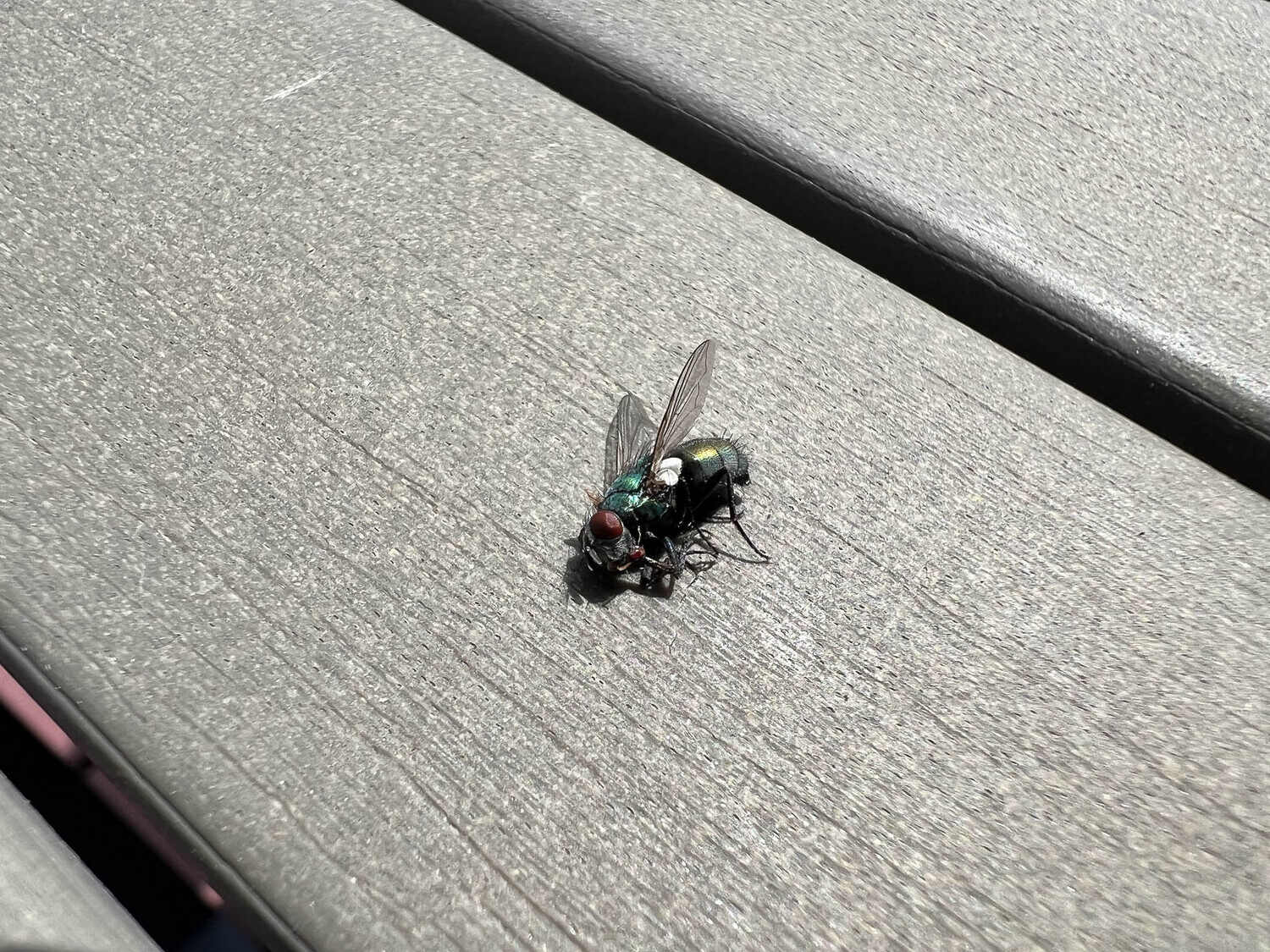
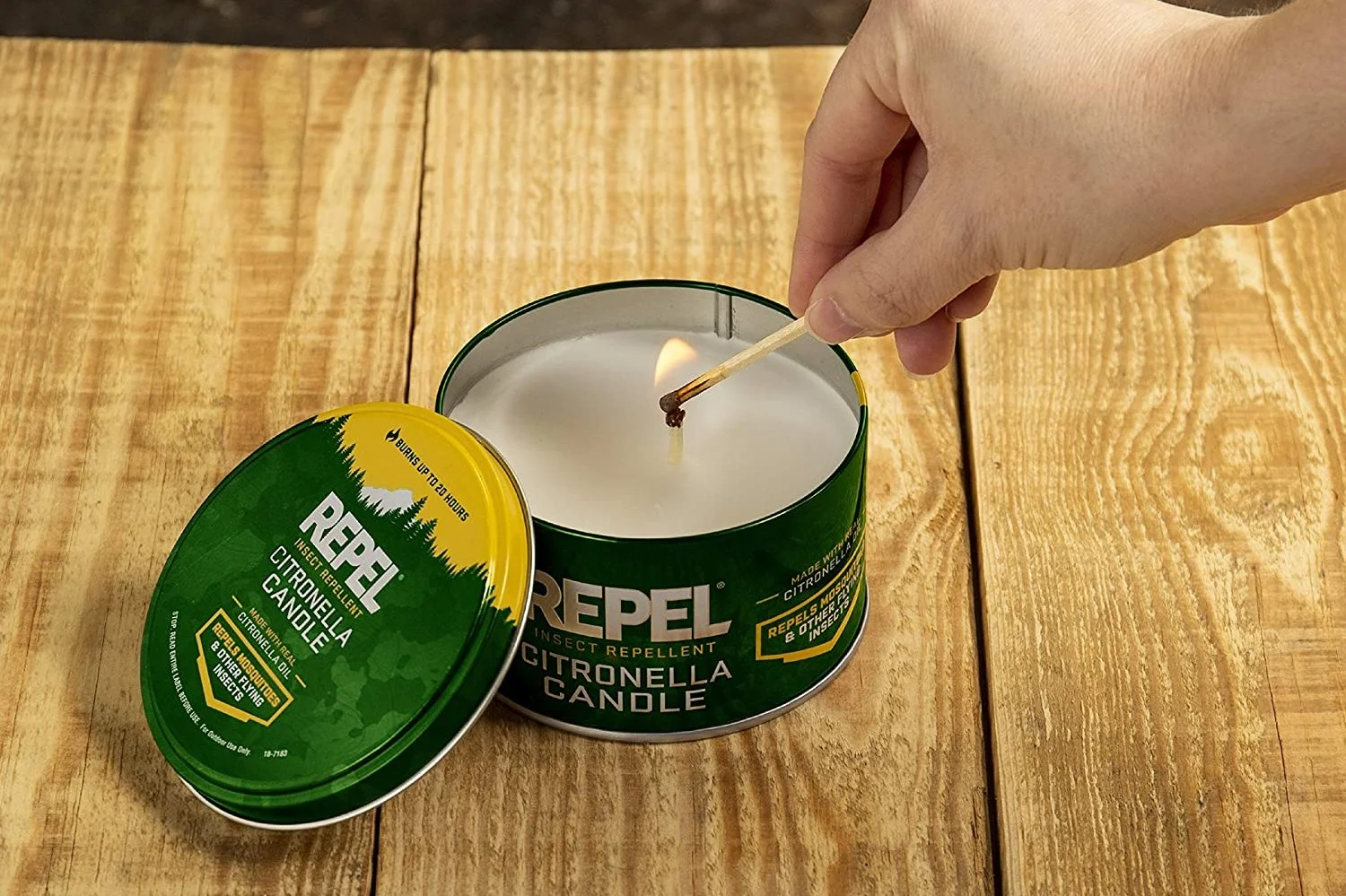
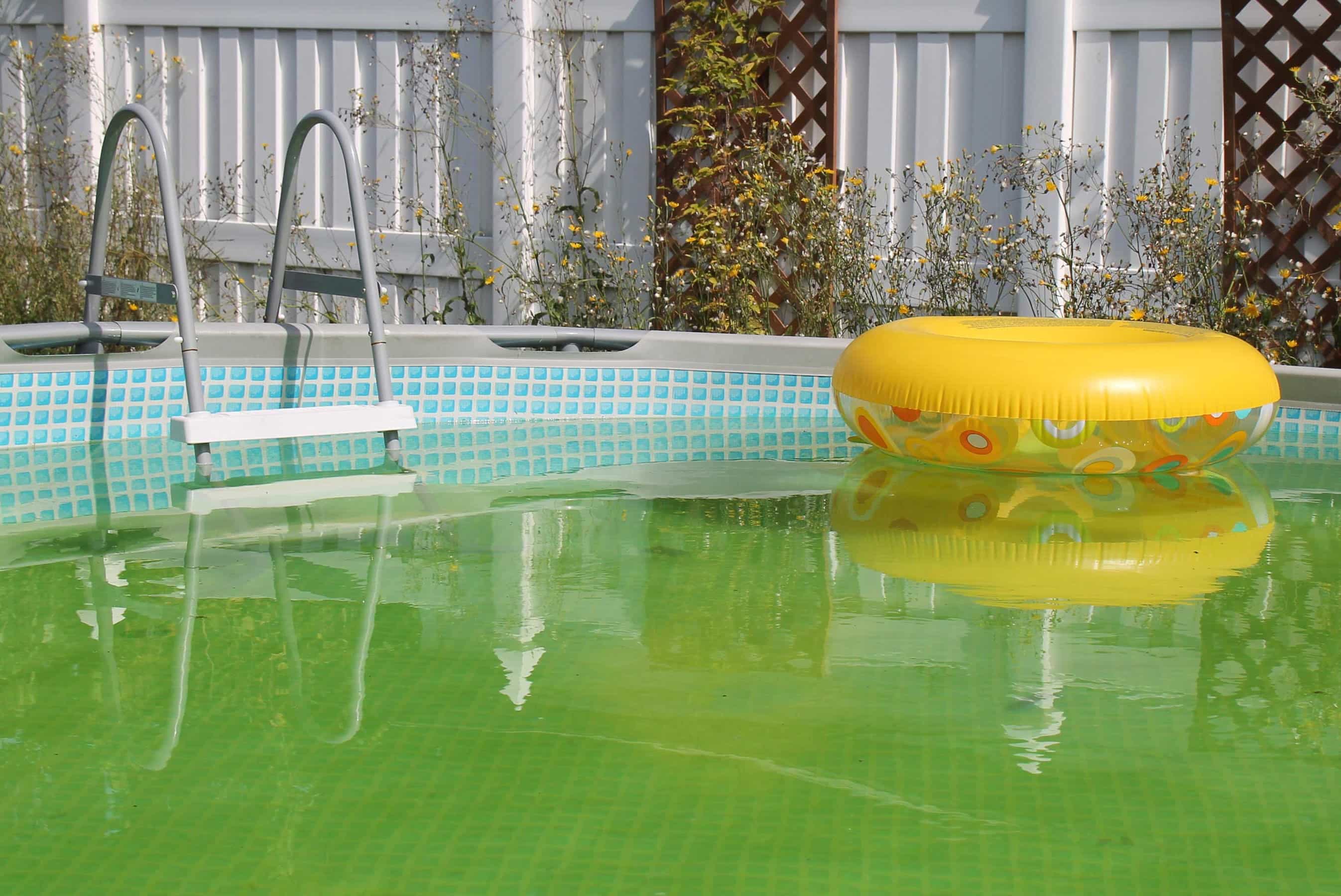
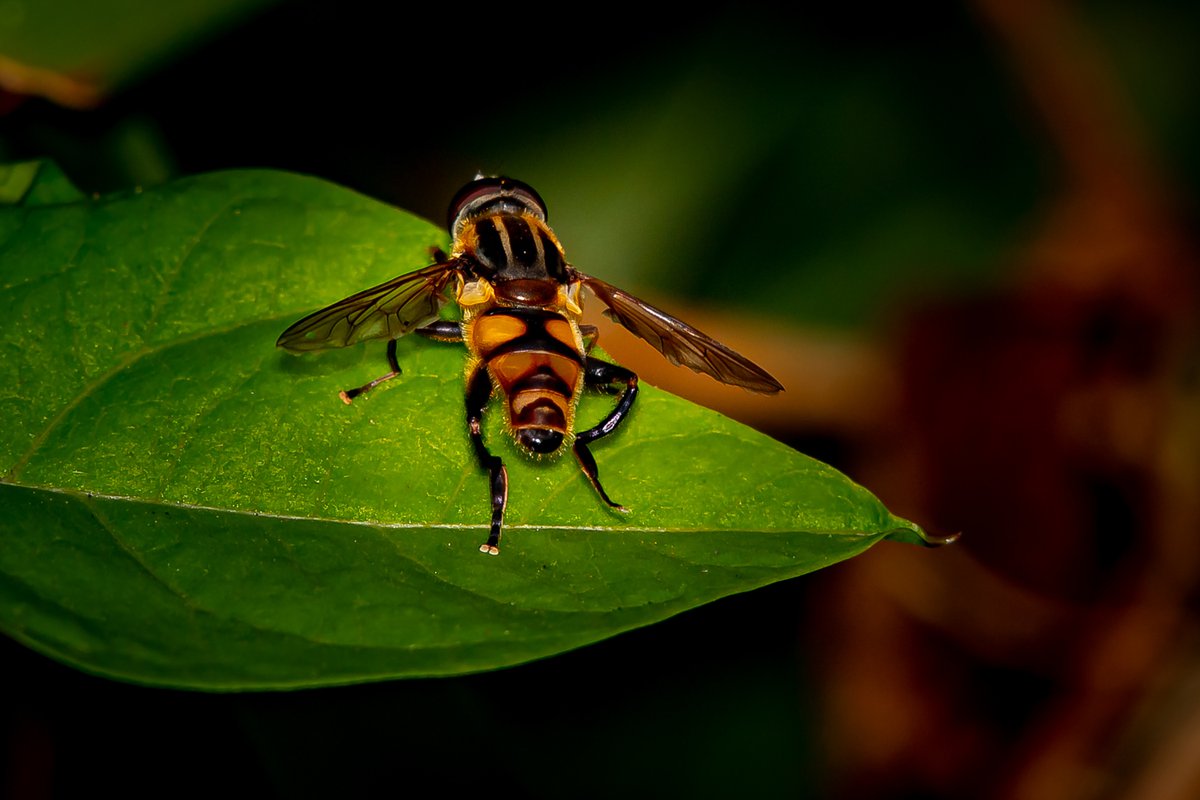
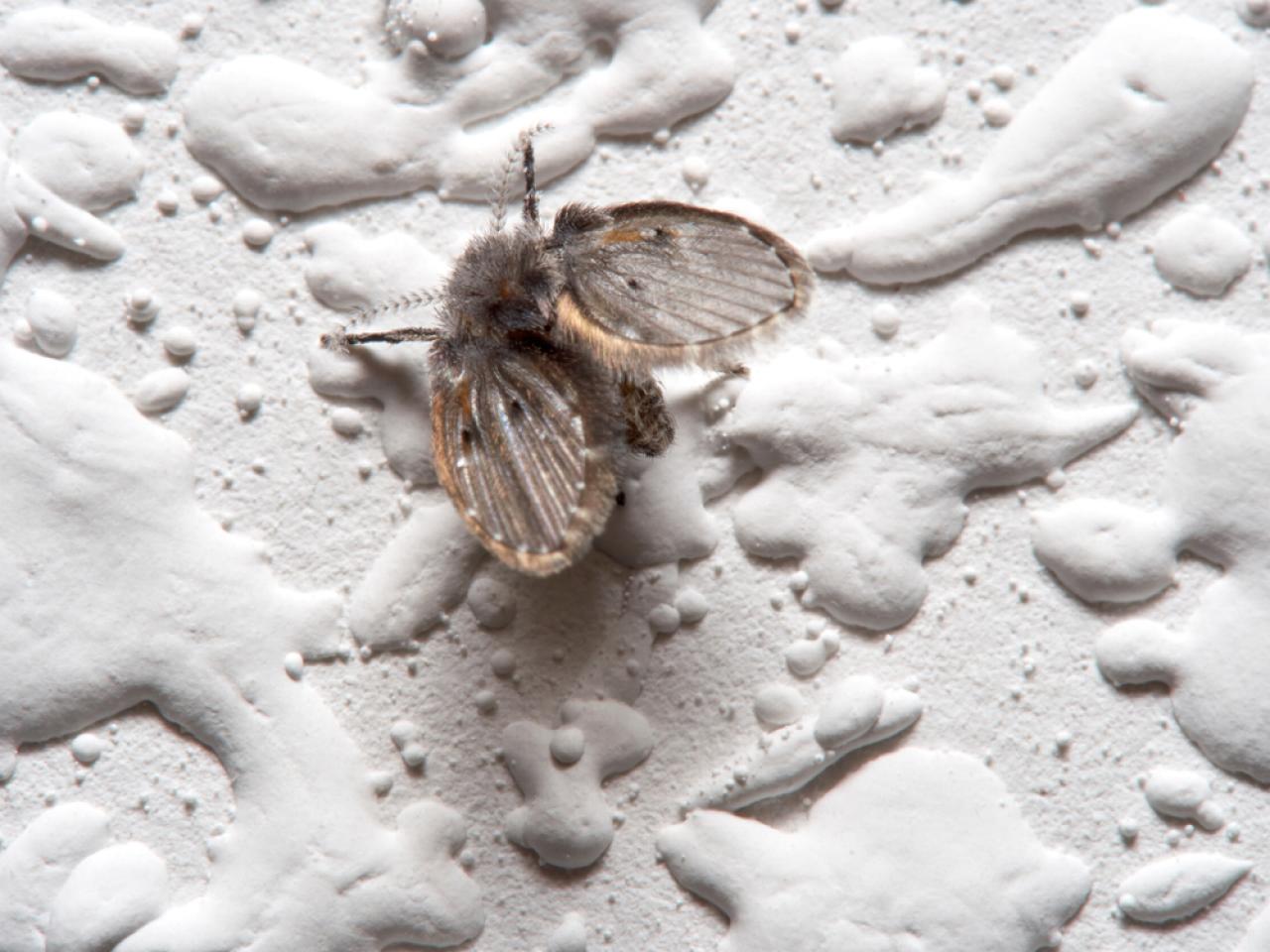
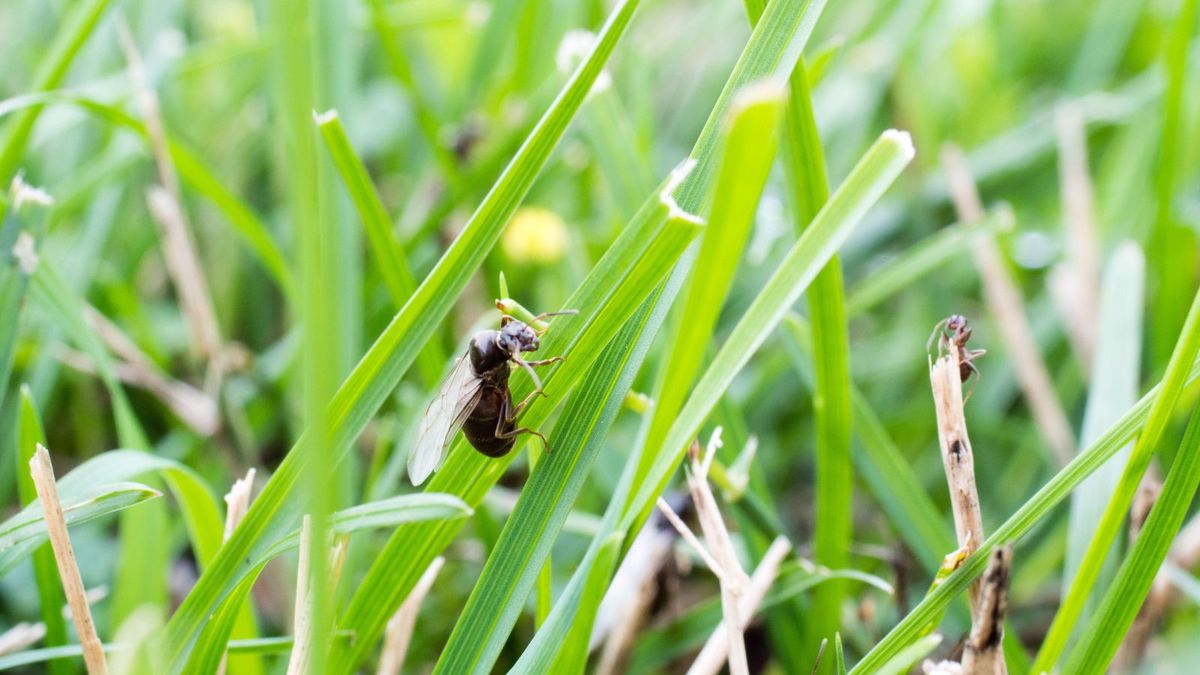
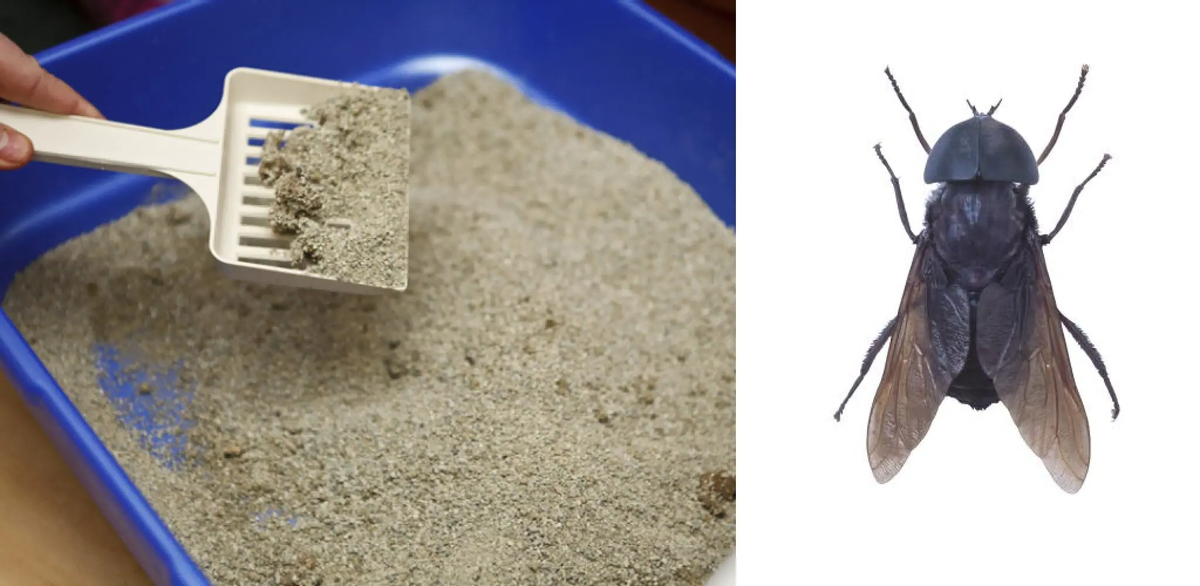
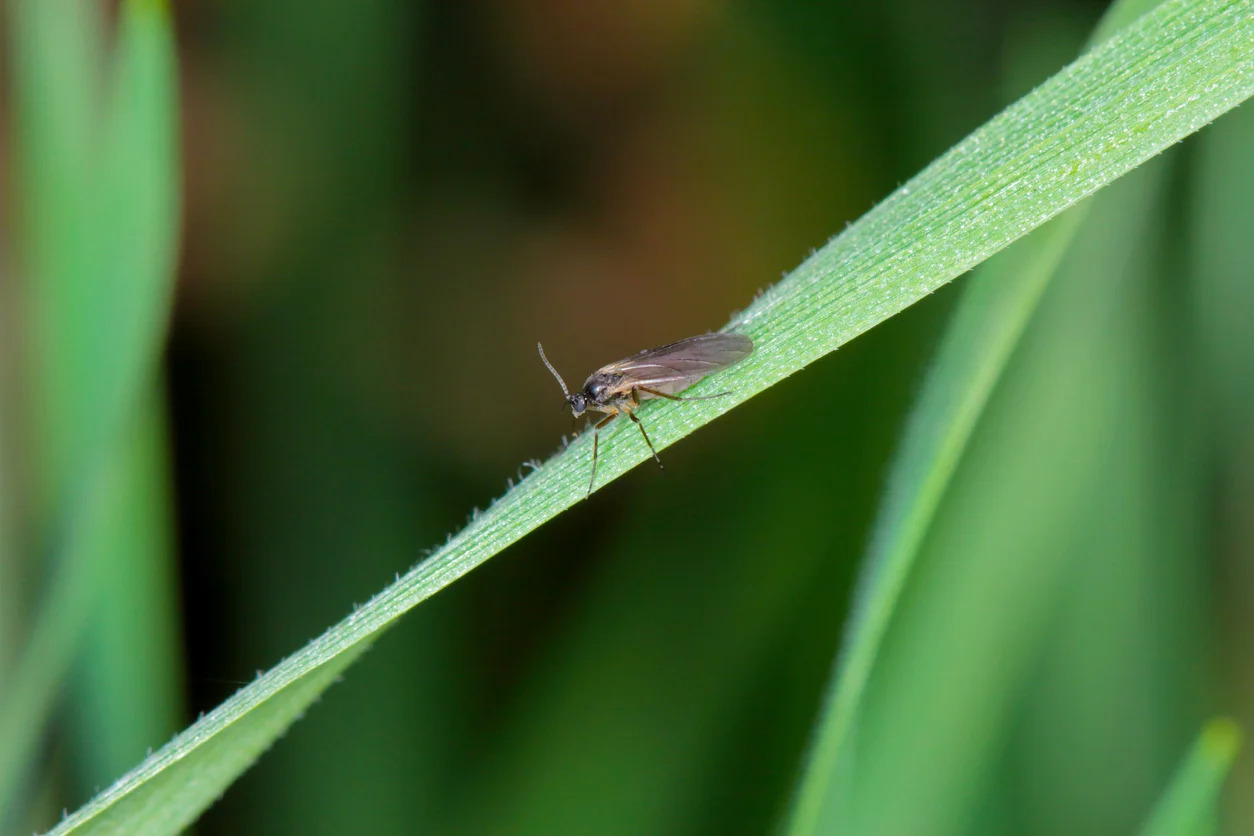
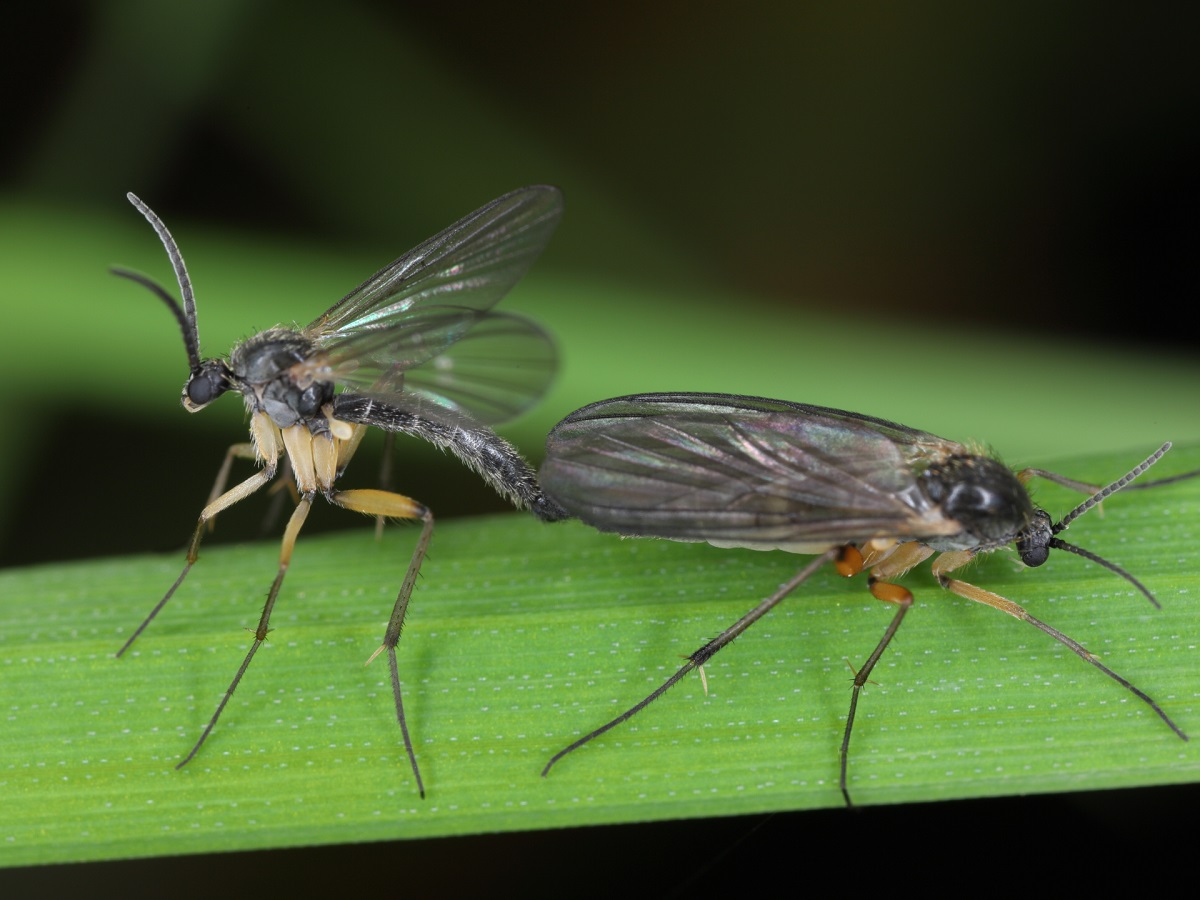

0 thoughts on “How To Get Rid Of Horse Flies Around Your Swimming Pool”